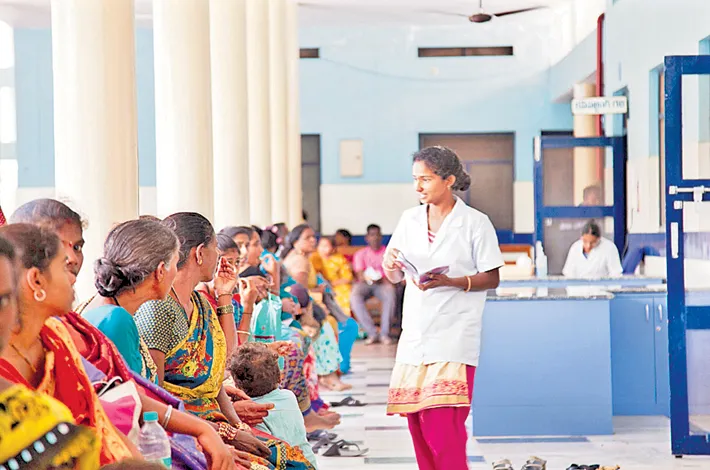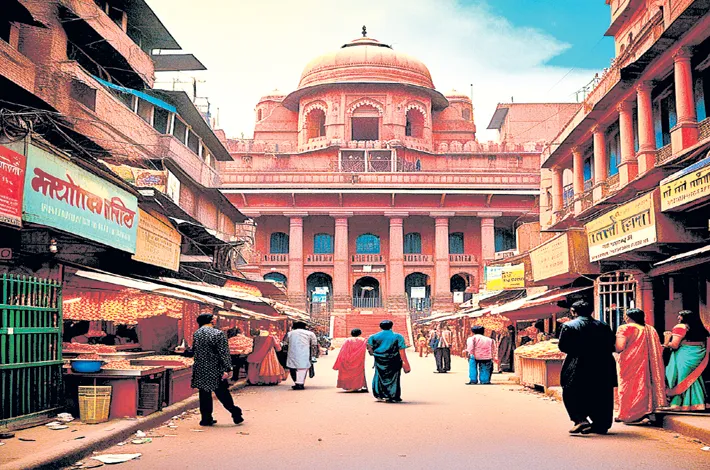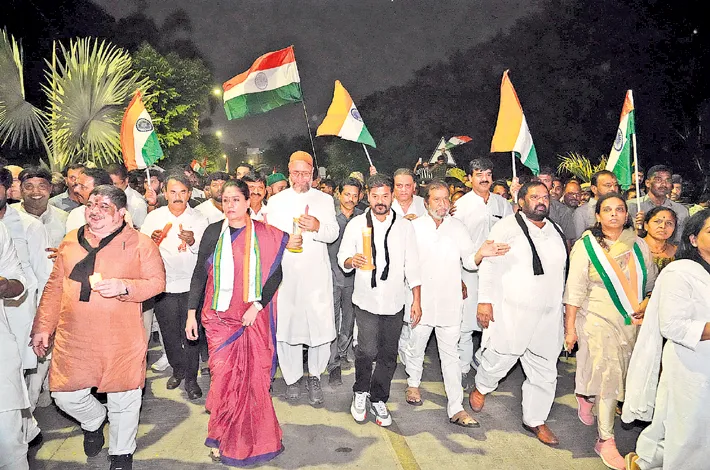Spike in tuberculosis cases in Krishna district
26-04-2025 12:00:00 AM

Over 2,000 new infections reported amid shortage of specialists
Metro India News | AMARAVATI
Krishna district is witnessing a concerning surge in tuberculosis (TB) cases, with more than 2,000 new cases registered in 2024 alone, according to official health records. Despite the increasing burden of the disease, the district continues to grapple with a critical shortage of super specialists and trained personnel in government hospitals to tackle the epidemic.
Health officials attribute the alarming rise in TB cases to drastic lifestyle changes, growing levels of stress, and weakened immunity among the population. “Adverse lifestyle conditions and increasing stress levels are weakening people's immune systems, making them more vulnerable to TB,” said Dr. Aruna, a TB specialist currently working in GGH, Vijayawada.
She further highlighted a troubling trend, as the majority of those diagnosed are young individuals under the age of 35. “It is heartbreaking to see so many young lives being impacted. Unfortunately, the district is ill-equipped in terms of manpower, with fewer than 15 doctors currently attending to hundreds of TB patients in government hospitals,” Dr. Aruna added.
A major challenge in TB treatment continues to be patient adherence to long-term medication. “Many patients stop taking their medicine once they feel some relief, but TB requires a full course of treatment to be completely cured,” she warned. Incomplete treatment is one of the leading factors behind recurring and drug-resistant TB cases.
Under the Revised National TB Control Programme (RNTCP), launched in 2022, each district is mandated to have dedicated TB centres across urban, rural, and tribal regions. In Krishna district, 12 TB units have been established—four in urban areas and eight in rural locations. Additionally, Primary Health Centres (PHCs) in tribal areas have been distributing nutritional supplements to TB patients as part of the government’s support initiatives.
Despite these efforts, experts and activists argue that more proactive government intervention is needed. “The government must prioritize awareness campaigns, ensure treatment compliance, and increase the availability of medical professionals,” said Dr. Suresh, convenor of Praja Arogya Vedika. “More than four lakh people die from TB every year in India. It is devastating to lose lives to a disease that is both preventable and curable, with medicines readily available.”
The need of the hour, health experts say, is not just funding, but also recruitment of qualified TB specialists, expansion of diagnostic facilities, and consistent public health education to eliminate stigma and misinformation surrounding the disease. With over 2,000 active TB cases in Krishna district alone and growing pressure on limited healthcare infrastructure, the challenge is steep—but not insurmountable.








